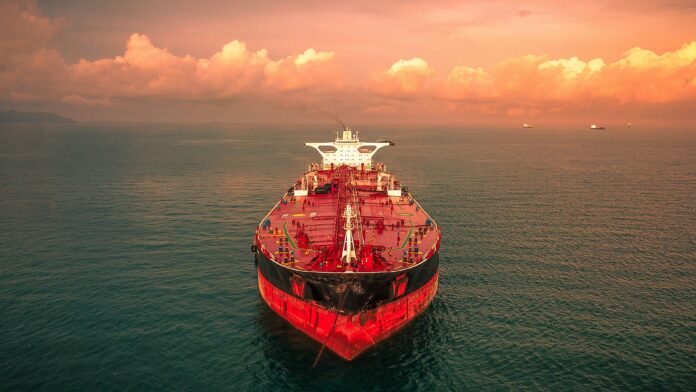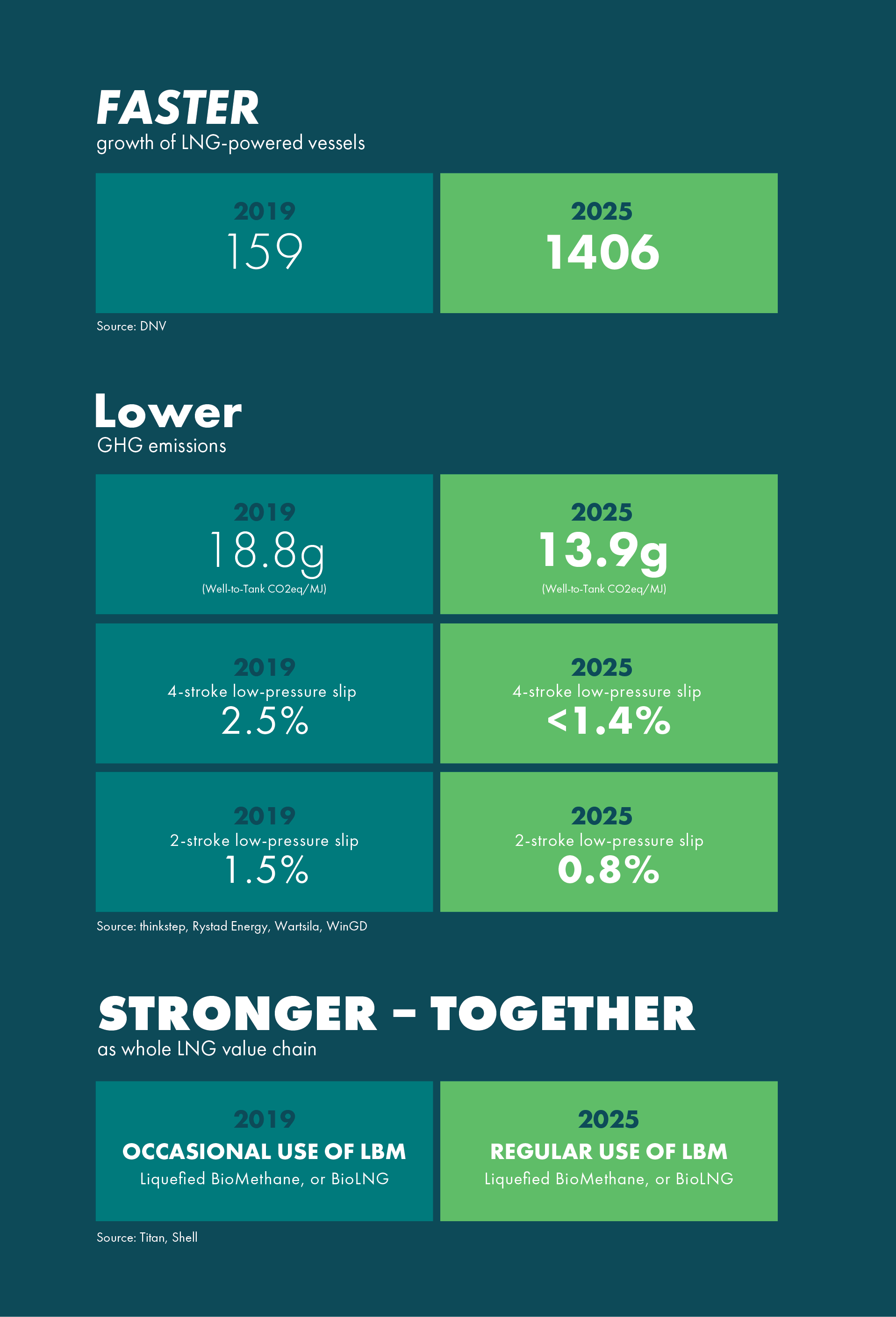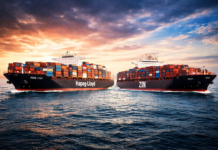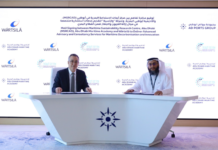
SEA-LNG, the industry coalition promoting the methane decarbonisation pathway, has highlighted major progress in reducing greenhouse gas (GHG) emissions from LNG as a marine fuel, alongside rapid growth in LNG-powered shipping and advances in biomethane bunkering.
Over the past six years, SEA-LNG members have helped drive global adoption of LNG-fueled vessels while supporting wider use of liquefied biomethane (LBM). At the same time, energy producers have cut well-to-wake emissions by 25%, and engine manufacturers have nearly halved methane slip, marking steady progress toward further reductions.
During London International Shipping Week, leaders from ABS and DNV underscored LNG’s importance as a bridge to cleaner fuels such as bio-LNG and e-methane, while cautioning that future regulations must be backed by clear, science-based guidelines.

“LNG is already delivering real emissions reductions and provides a practical pathway to net-zero through biomethane and e-methane,” said Peter Keller, Chairman of SEA-LNG. “Regulation must build on this momentum and recognise the proven benefits of the methane decarbonisation pathway.”
Steve Esau, Chief Operating Officer, added that studies by Sphera and Rystad Energy show a steady decline in LNG’s lifecycle emissions. “With continued innovation and scaling of LBM and e-methane, the pathway is both credible today and critical for long-term transition,” he said.





